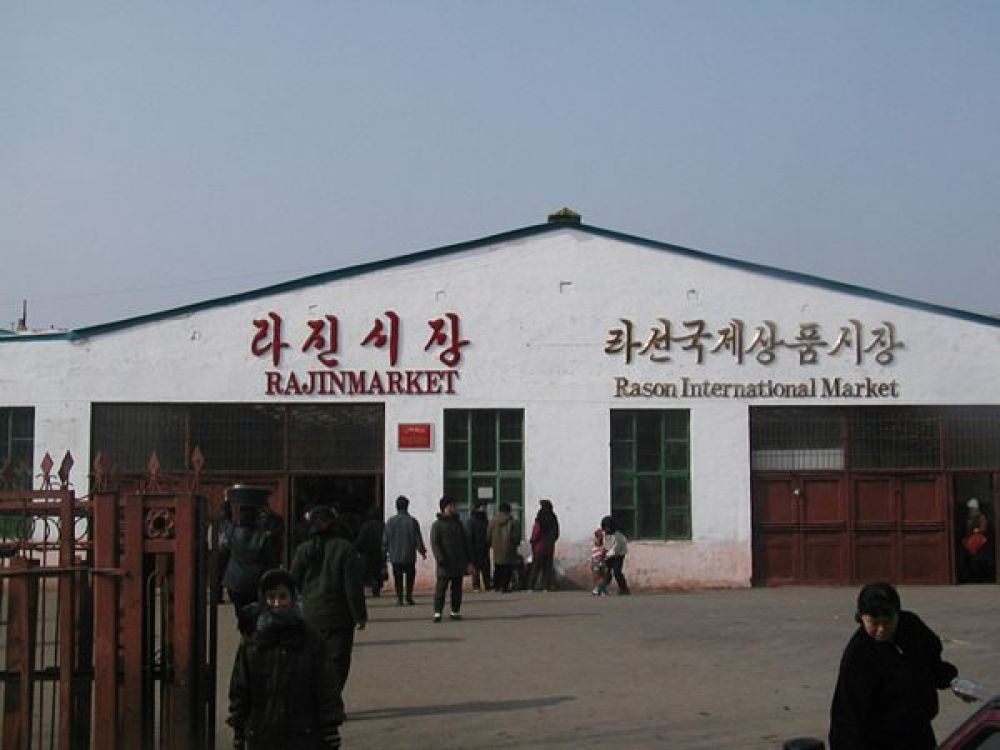

Rason, a special economic zone located at the northeastern tip of North Korea, has a unique history in terms of tourism. Its position as a special economic zone, established in the early 1990s, has meant Rason has been more open to foreign investment and, by extension, tourism compared to other parts of North Korea. The city's port capabilities and proximity to both Russia and China have played a critical role in its development.
Rason's tourism industry has primarily been rooted in its appeal as a relatively more accessible part of the reclusive Democratic People’s Republic of Korea (DPRK). With the establishment of the Rason Special Economic Zone, the markets, including the famed Rason Market, became a point of interest for a small number of tourists and businesspeople able to navigate the complexities of visiting North Korea.
The Rason Market, also known as Rajin Market, provides an intriguing attraction for the few tourists able to visit Rason. Unlike typical North Korean markets, Rason Market is known to operate with a degree of freedom not found in other parts of the country. It's a place where visitors and locals alike can get a glimpse of North Korean life, trade, and, to some extent, culture.
While visiting the Rason Market, tourists often find a wide array of goods from both domestic production and international imports, which is relatively uncommon in other parts of the DPRK. Experiencing the vibrant hustle and bustle of the Rason Market is a rare opportunity to observe and engage with local vendors and shoppers, making it a highlight of a visit to Rason.
In recent years, the DPRK has seen a slight increase in tourism, although it remains highly regulated with all tours being closely monitored by state guides. In Rason, tailored economic and trade tours have become more popular, providing insights into the economic functioning of North Korea's special economic zones.
Eco-tourism and exploration of the Northeastern Korean landscape featuring the beautiful beaches of Rason and Mount Kumgang are also becoming sought after. However, such tours are still subject to approval by North Korean authorities and can be heavily affected by international relations and sanctions.
COVID-19 Impact: Like many other destinations around the world, North Korea has imposed strict border controls that have impacted tourism due to the global COVID-19 pandemic. Information on Rason’s current tourism status should be sought from reliable sources due to the rapidly changing nature of the situation.
The Rason Market and the broader Rason area stand as testaments to North Korea's tentative steps towards economic openness and the complexities entwined with its tourism sector. For the adventurous traveler, looking for a deeply unique experience, Rason offers an intriguing, though challenging, destination. As with any travel to North Korea, prospective visitors are urged to thoroughly research and ensure they travel in compliance with all relevant regulations and guidance.